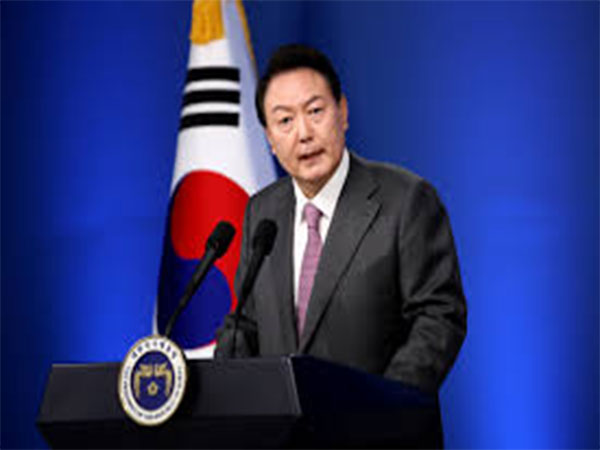Crisis in South Korea: Martial Law and Political Turmoil
South Korean President Yoon Suk Yeol faces impeachment over his attempt to impose martial law. His party's lawmakers left parliament, casting doubts on the impeachment vote. Yoon apologized but refused to resign, amidst intensifying calls for his departure and a deepening political crisis.

South Korea is gripped by political turmoil as President Yoon Suk Yeol battles impeachment efforts over his attempt to impose martial law. On Saturday, lawmakers from Yoon's People Power Party (PPP) exited parliament while a motion for his impeachment was being debated, raising uncertainties about achieving the required two-thirds vote for passage.
Despite the opposition's need for eight PPP votes, Yoon's challenge escalates with investigations into the first lady, and amidst public outrage. Thousands have protested, drawing parallels to the 2016 impeachment of former President Park Geun-hye, signaling potential shifts within the nation's political landscape.
President Yoon's declaration, citing threats from 'North Korean communist forces,' has provoked global criticism and calls from within his party for resignation. As South Korea's political future hangs in balance, investigations into Yoon for possible insurrection and abuse of power continue, foreshadowing unprecedented legal and democratic ramifications.
(With inputs from agencies.)
ALSO READ
Atal Bihari Vajpayee: A Statesman's Poetry and Politics
Karnataka Politics: CID Probe Ordered in Controversial Council Altercation
Impeachment Decison Looms Over South Korean Politics
Atal Bihari Vajpayee: The Architect of Coalition Politics and Good Governance
"Amazing, unique leader of Indian politics": BJP's Sudhanshu Trivedi celebrates birth centenary of Atal Bihari Vajpayee










